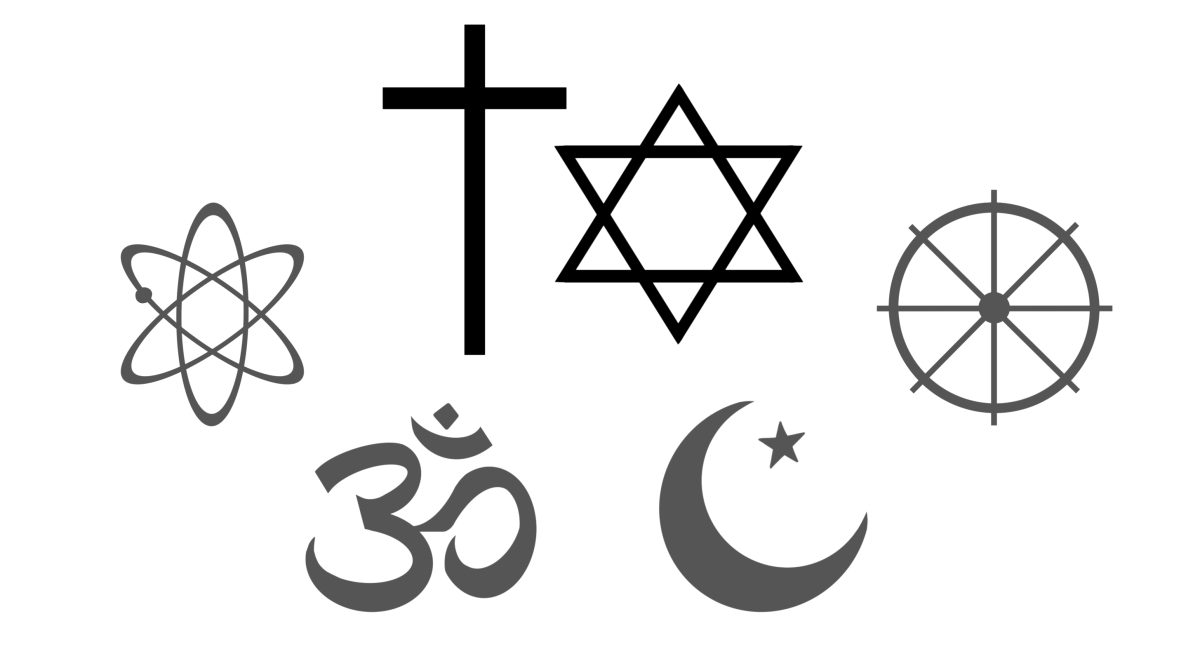Growing up, I was often heard bragging to my friends about how I had “the best of both worlds.” Every holiday season I had nine days of presents — eight days of Hanukkah and one day of Christmas. As I grew older and religion became more than a tally of gift-giving holidays, I gained an appreciation for the traditions and communities I was exposed to.
My earlier Christmas memories are painted with large family gatherings consisting of playing extremely competitive White Elephant games, rediscovering ornaments my brother or I handmade in early elementary school, and baking cookies just before bed on Christmas Eve.
Passover elicits memories of reunions, enjoying bowl after bowl of my great-great-aunt’s matzah ball soup, taking turns reading aloud from the Haggadah and racing my brother to find the Afikomen.
Upon arriving to college, seeking community greatly contributed to my religious exploration. I often feared that my lack of in-depth knowledge of religious practices would cause me to feel isolated, as I became surrounded by others who had spent their entire childhoods taking part in these practices.
This year, as feelings of homesickness arose, I arrived at Hillel and was quickly greeted by an excited dog and immediate offers of matzah ball soup. I began capping my weeks off attending Shabbat dinners, meeting new people and enjoying the rarity of a dinner I was not required to cook.
I found myself welcomed with open arms to church services and college group events, often greeted by long-term members offering their friendship and mentorship.
Living in a multi-faith household not only provided me with a variety of holiday traditions and community opportunities, but provided me with choice and agency in relation to my faith.
As I began going beyond the community aspect of religion and started exploring spiritual aspects, I developed an appreciation for the control I felt over my faith. I found that many of my peers viewed religion as an obligation, whereas I was empowered to view it as a choice.
While I occasionally feel I missed out on the traditional experiences that come with being singularly immersed in Christianity or Judaism, like attending Sunday school classes or having a bat mitzvah, my parents’ differing religions provided me with diverse experiences and traditions and encouraged me to take ownership over the communities and faith I partake in.
For so many people, religion is a given, creating routines that have been carried out since childhood. As we experience this stage of life and cross into adulthood, take some time to recognize that any faith — or lack of faith — you choose to take part in is your choice, and appreciate it as such.









